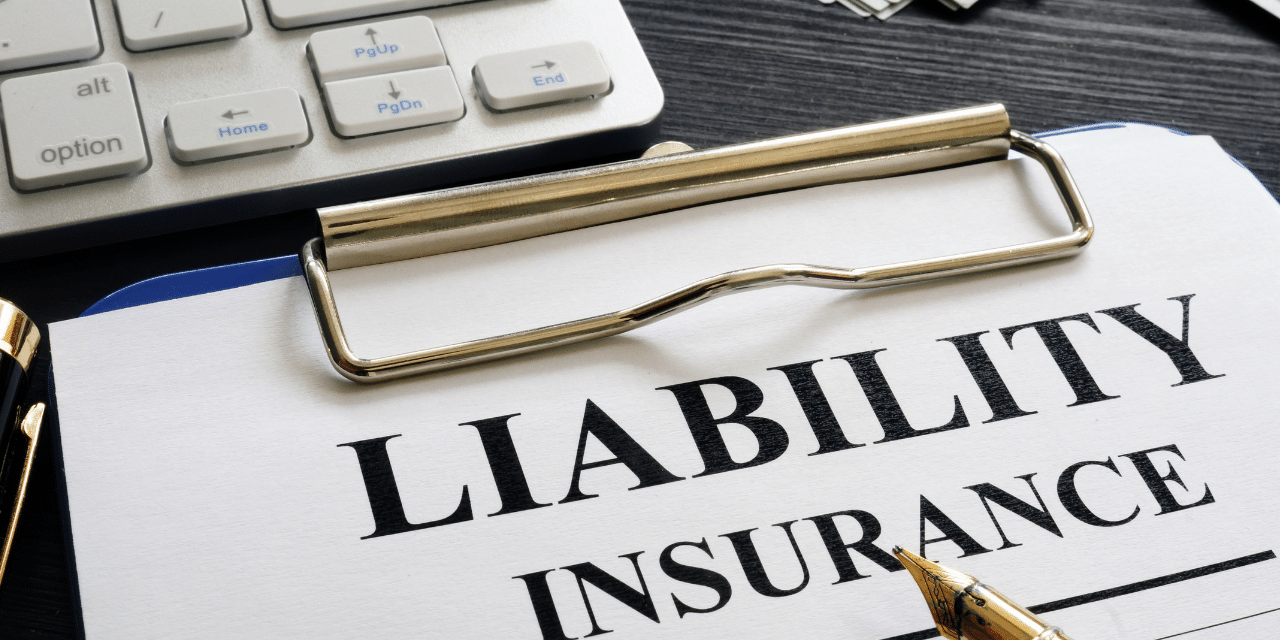What is Liability Car Insurance and What You Need to Know?
If you’re a car owner, you’ve likely heard the term “liability car insurance” thrown around. But what exactly does it mean? Liability car insurance is a type of coverage that pays for damages and injuries you cause to others in an accident. In other words, it protects you from being held financially responsible for any harm you cause.
How Does Liability Car Insurance Work?
Liability car insurance is a legal requirement in most states, so if you’re caught without it, you could face steep fines or even have your license suspended. When you purchase liability insurance, you’ll typically have to choose two types of coverage: bodily injury liability and property damage liability.
Bodily injury liability covers the medical expenses, lost wages, and other damages suffered by people injured in an accident that you caused. Property damage liability covers the cost of repairing or replacing any property damaged in the accident, such as other vehicles, buildings, or fences.
It’s important to note that liability insurance only covers damages you cause to others. It doesn’t cover your own injuries or damage to your own car. For that, you’ll need additional coverage like collision or comprehensive insurance.
Examples of Liability Car Insurance
Let’s say you’re driving your car and accidentally rear-end another vehicle. If you have liability insurance, your policy will cover the cost of repairing the other driver’s car and any medical expenses they incur due to the accident. However, if you don’t have liability insurance, you’ll have to pay for those costs out of pocket.
Another example would be if you accidentally hit a pedestrian while driving. Your liability insurance would cover their medical expenses and any lost wages they incur due to the accident.
Why Do You Need Liability Car Insurance?
Liability car insurance is important because it protects you from potentially devastating financial consequences if you cause an accident. If you don’t have liability insurance, you could be on the hook for thousands of dollars in medical bills and property damage. In some cases, you could even be sued for damages, which could result in a judgment against you and a lien on your assets.
What to do if you have an accident?
- Check for injuries: First and foremost, make sure that you and anyone else involved in the collision are not injured. If there are injuries, call 911 immediately.
- Move to a safe area: If your car is blocking traffic or in a dangerous location, move it to the side of the road if possible. Turn on your hazard lights to alert other drivers.
- Call the police: Call the police to report the accident, even if it’s a minor one. The police will come to the scene, gather information, and file a report, which can be helpful when filing an insurance claim.
- Exchange information: Exchange information with the other driver(s) involved in the collision, including names, phone numbers, insurance information, and vehicle information.
- Take photos: Take photos of the damage to your vehicle and the other vehicles involved, as well as the scene of the collision.
- Contact your insurance company: Contact your insurance company as soon as possible to report the accident and file a claim. Your insurance company can help guide you through the claims process and arrange for repairs.
- Seek medical attention: Even if you don’t feel injured, it’s a good idea to get a medical evaluation as soon as possible. Some injuries may not be immediately apparent, and it’s important to document any injuries you sustained in the collision.
By following these steps, you can help ensure that everyone is safe, gather important information, and begin the process of filing an insurance claim if necessary.
In conclusion, liability car insurance is an essential component of any car insurance policy. It protects you from financial ruin if you cause an accident, and it’s a legal requirement in most states.
Home Insurance Car Insurance Motorcycle Insurance RV Insurance Boat Insurance Health Insurance Medicare Insurance








